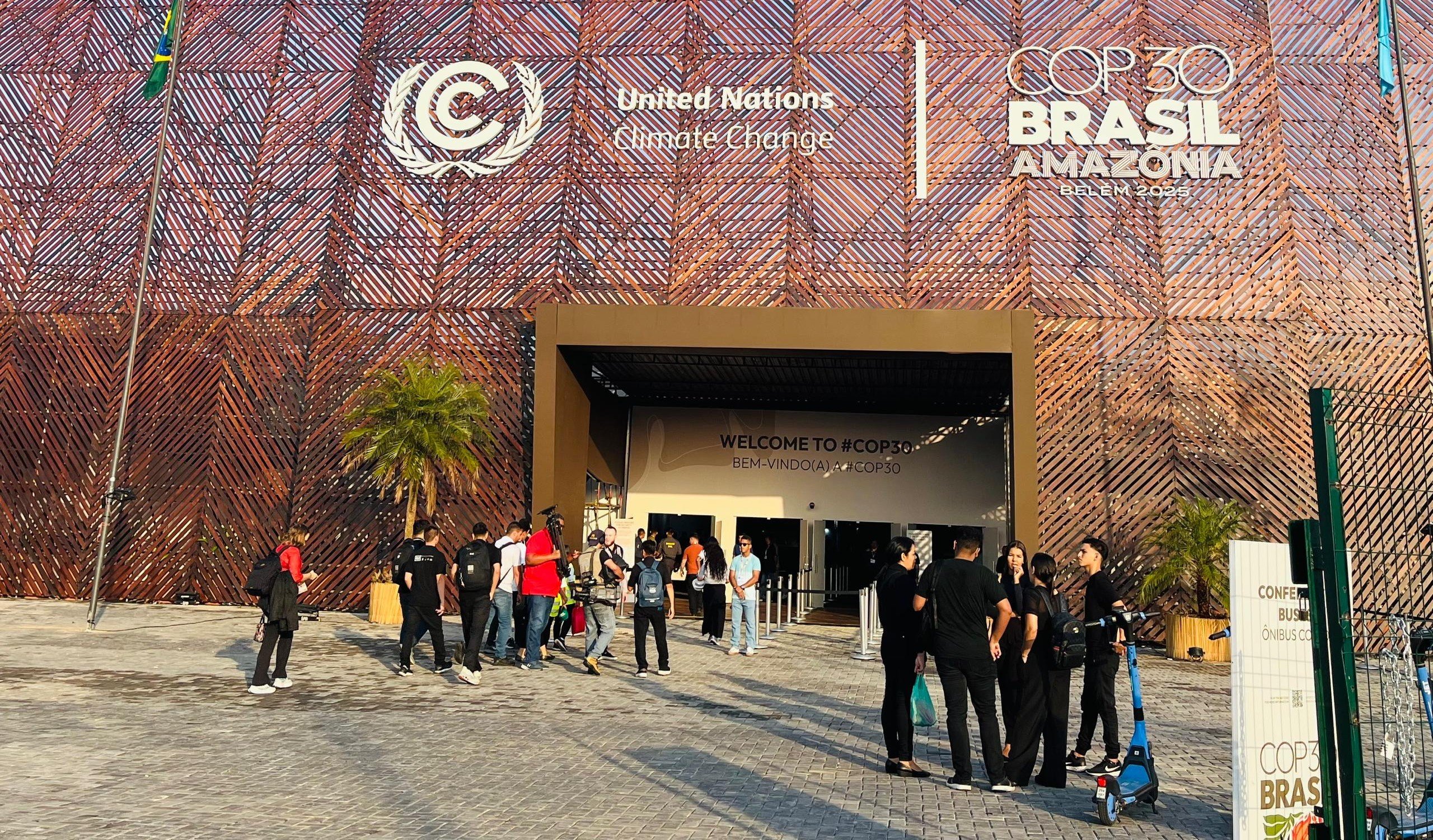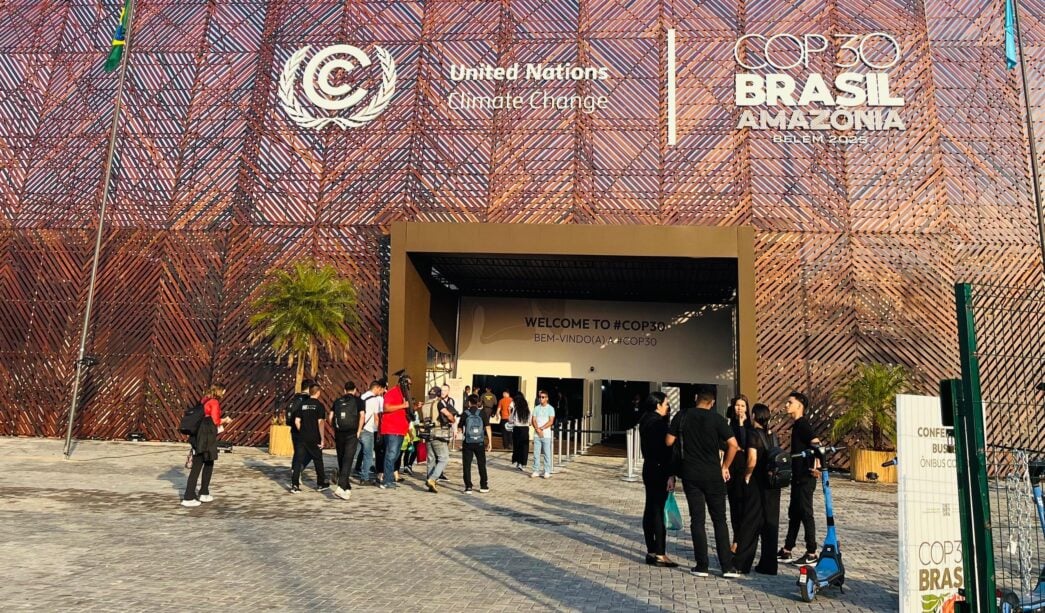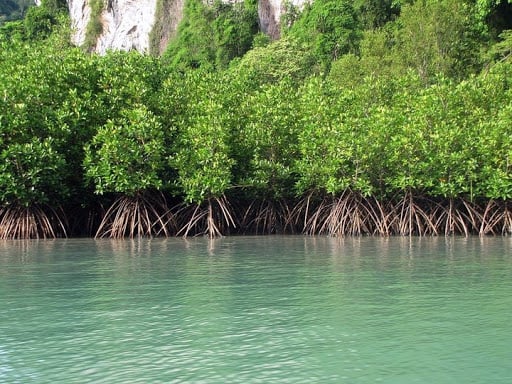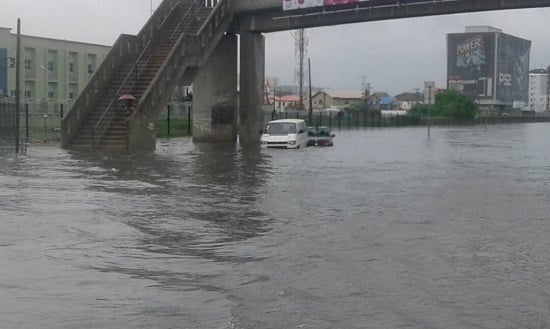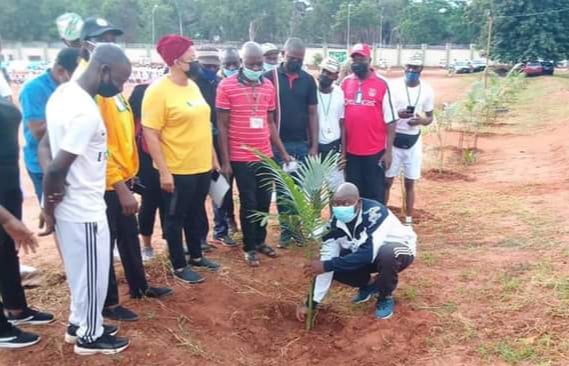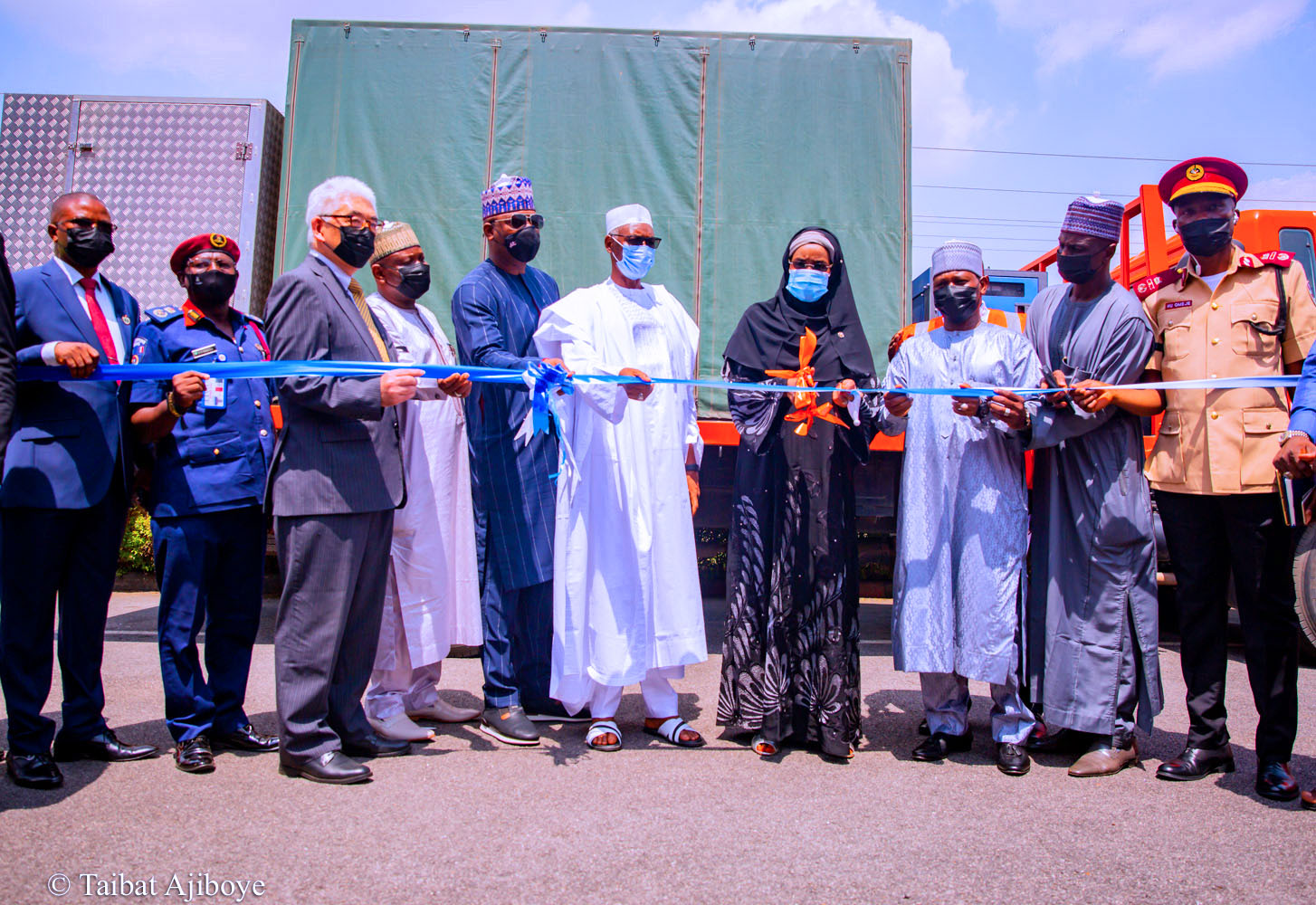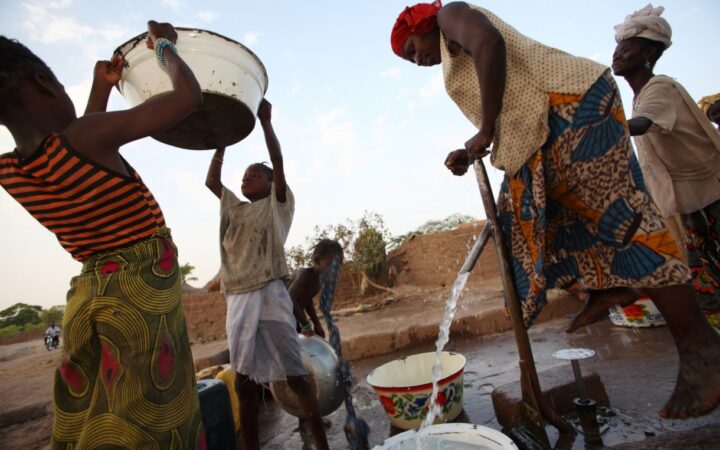
A new draft text on the just transition mechanism released on Tuesday morning at the ongoing UN COP30 in Belém, Brazil, has exposed deep divisions over how countries should shift away from fossil fuels.
The document, produced after late-night informal negotiations, shows early areas of convergence but leaves several politically sensitive issues unresolved.
The draft reaffirms equity, human rights and the principle of leaving no one behind, while warning that a widening adaptation finance gap threatens developing countries’ transition plans. But the details of how a global just transition should be governed remain contested.
Advertisement
Kudakwashe Majonjonjo, energy adviser at Power Shift Africa, told TheCable that the text reflects “both progress and deep contention”.
“There are sections where countries already agree,” he said. “But there are also a number of unresolved areas. Those are the sticking points.”
A major clash is over the African Group and G77+China’s demand for a global just transition mechanism — a coordinated platform to guide countries as they shift to low-carbon economies.
Advertisement
The EU, however, is pushing instead for a just transition action plan, which observers say lacks the structure needed to ensure equity and accountability.
Manjonjo said the “mechanism” provides a coordinating structure that the action plan lacks.
“We are hoping negotiations will deliver a mechanism, because it is extremely important,” he added.
He noted that China’s resistance to including language on transition minerals was “disappointing”, especially at a time when African and Latin American countries are pushing for a global governance framework to prevent a repeat of past extractive inequalities.
Advertisement
“More discussions can be done, but we need a framework to start that conversation,” he said.
“A no-text option is not good enough for African and Latin American countries with these minerals.”
Another flashpoint is the wording on energy pathways. Several developing countries are pushing back against language they say would legitimise “transition fuels” that could reopen the door to natural gas expansion.
Teresa Anderson, global lead on climate justice at ActionAid, said the text contains “unprecedented language” recognising the needs of marginalised groups.
Advertisement
“We are getting closer to a climate agreement that leaves no one behind. But governments must still close gaps on finance and equity,” she said.
ActionAid warned that without a strong implementation mechanism, the emerging commitments remain fragile.
Advertisement
“Without a mechanism to make sure people are included and supported, it’s all just words,” Anderson said.
Tengi George-Okoli, country director of Nigeria at the Natural Resource Governance Institute (NRGI), said the draft marks the first time a UN climate negotiation text has meaningfully elevated discussions on critical minerals and the implications of a fossil fuel phase-out for producer countries.
Advertisement
She said references to social and environmental safeguards, value addition and benefit sharing represent “a major win” for mineral-rich regions.
“These countries have contributed to global development but have not enjoyed similar development outcomes at home,” she said.
Advertisement
“It’s crucial that the just transition framework does not replicate existing inequalities.”
‘ADAPTATION FINANCE MUST NOT WORSEN DEBT’
A separate draft decision on the global goal on adaptation (GGA) was also released, aiming to set indicators to help countries adapt to climate change.
But developing countries say the framework cannot work without significant adaptation finance to support vulnerable nations facing escalating climate impacts.
Chukwuemeka Okebugwu, Nigeria’s lead negotiator, said adaptation remains a top priority and requires predictable, grant-based support.
“Adaptation is capital-intensive. Eighty percent of our needs should come from external support,” he said.
“We want increased financing in the form of grants. We don’t want finance that creates more burden.”
He noted that Nigeria has identified priority sectors through its national adaptation plans but needs urgent assistance to avoid worsening debt distress.
Okebugwu added that Nigeria is pursuing an energy-mix strategy that expands renewable energy while phasing down fossil fuels.
Developing countries are also calling for a tripling of adaptation finance, but negotiators say it remains unclear what base figure this refers to — the current $40 billion adaptation level or the proposed $300 billion target under the new collective quantified goal (NCQG).
Adaptation finance has historically come as grants, and developing countries insist that any scale-up must be concessional and must not add to their debt burden.
Experts warn that ambiguity around the baseline could weaken accountability and complicate efforts to mobilise meaningful support for climate-vulnerable nations.
This report was produced with support from Sahara Group and the Kaduna state government.
